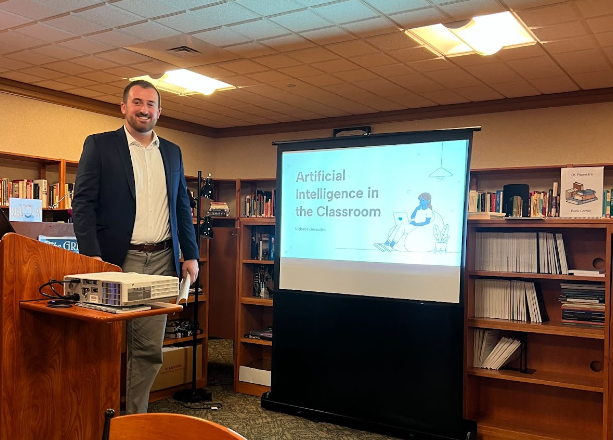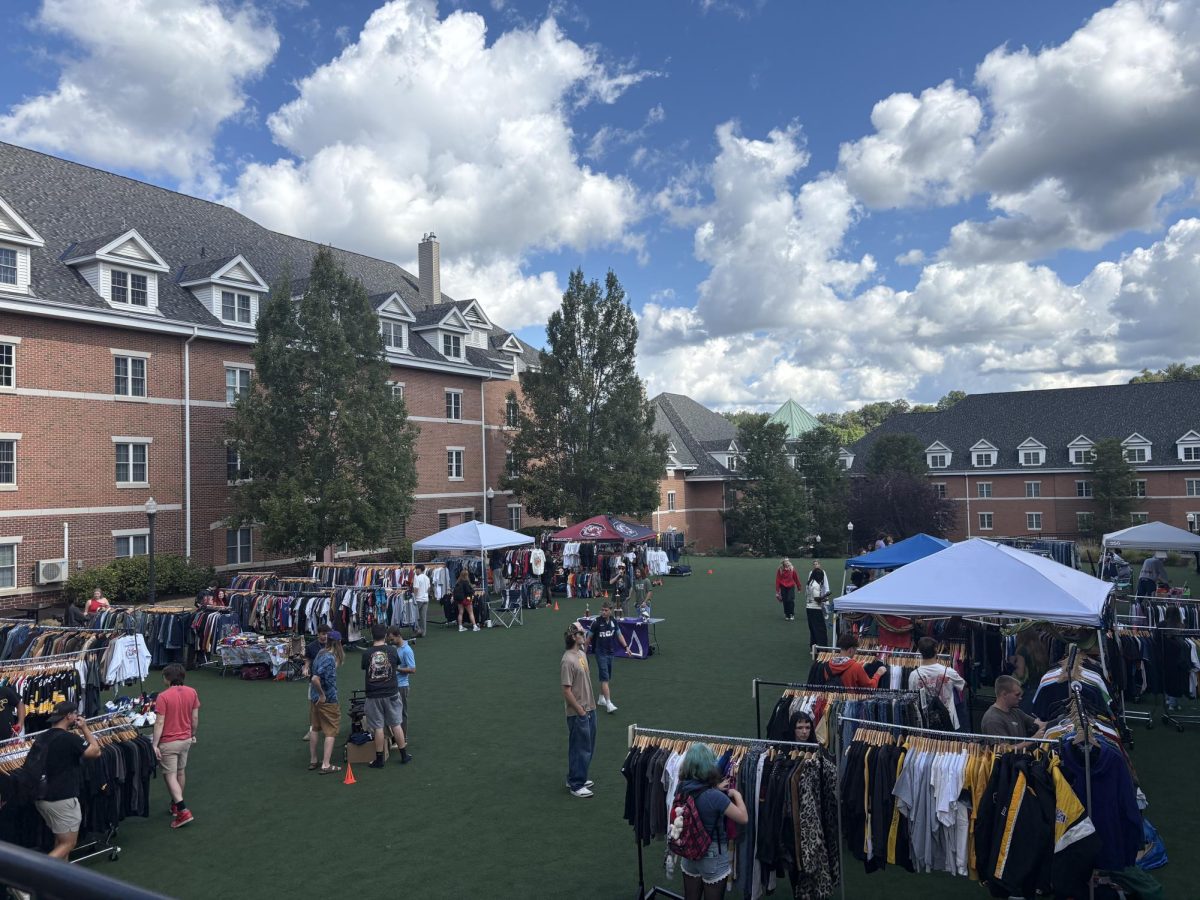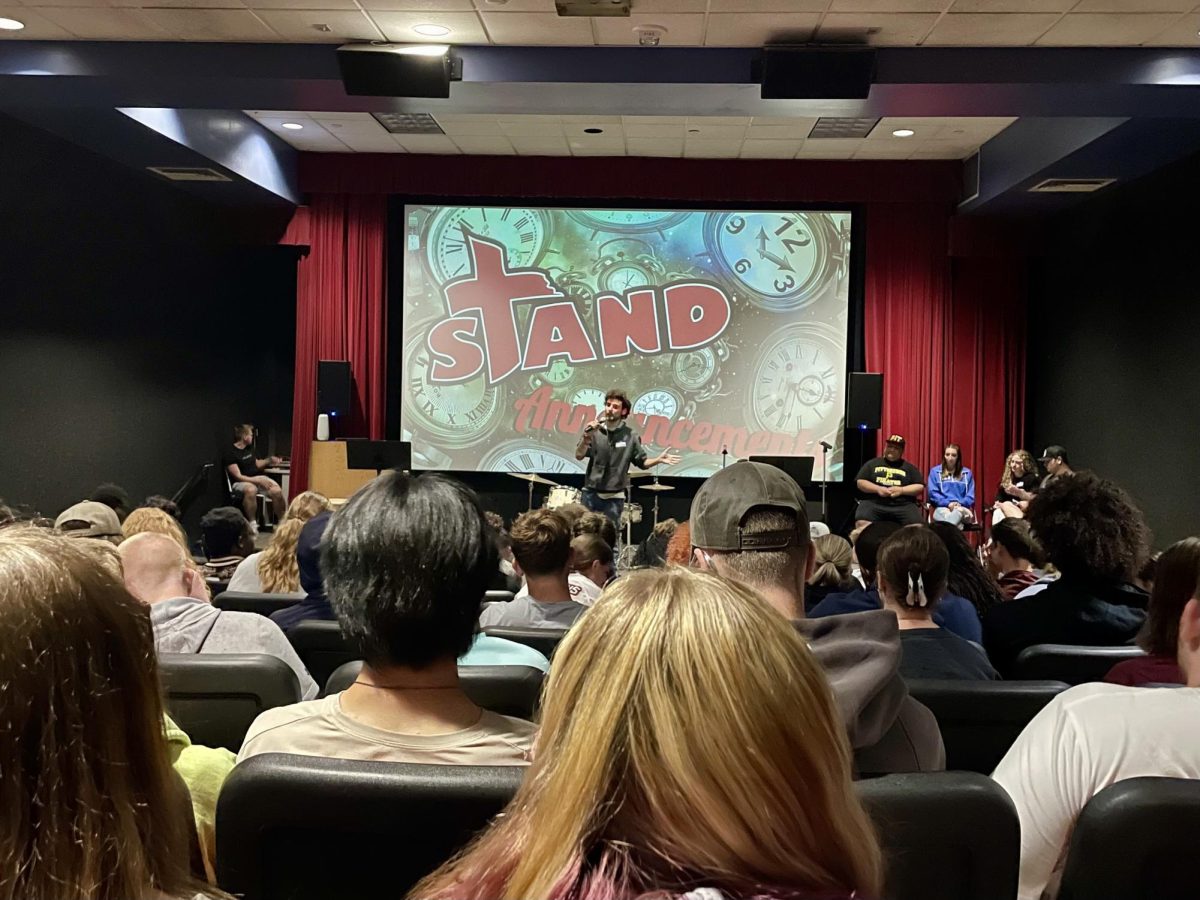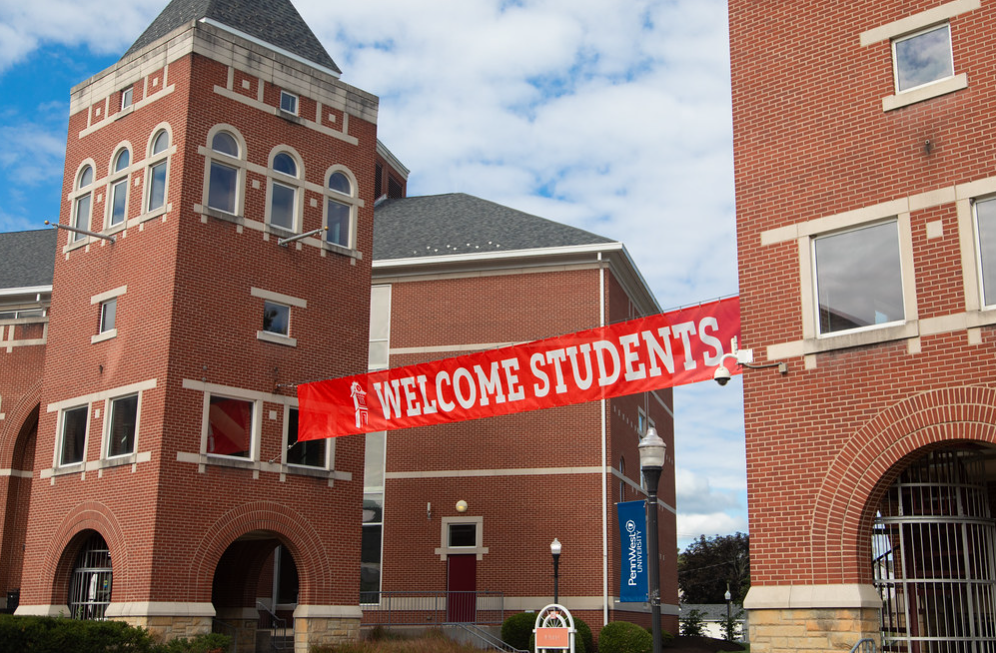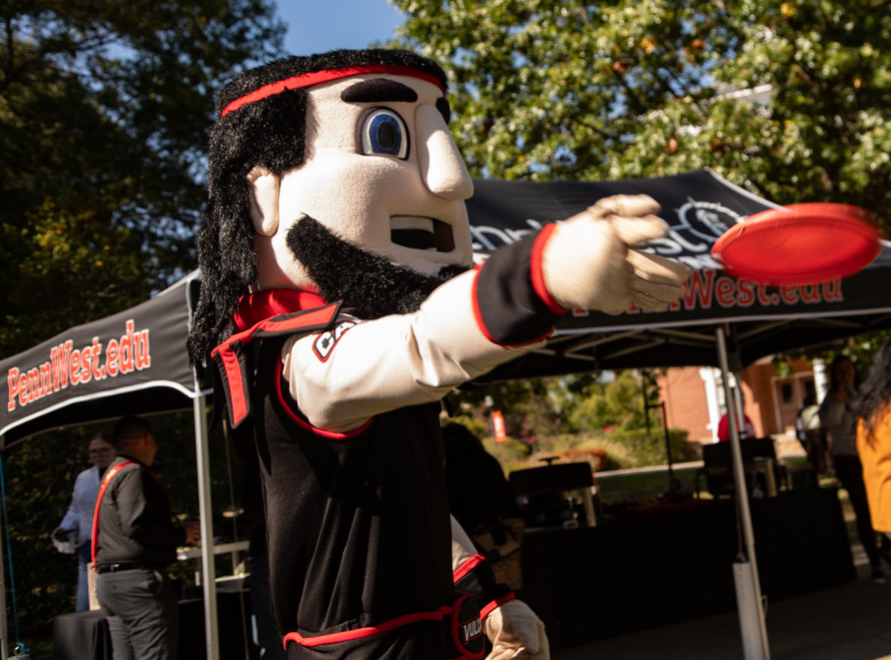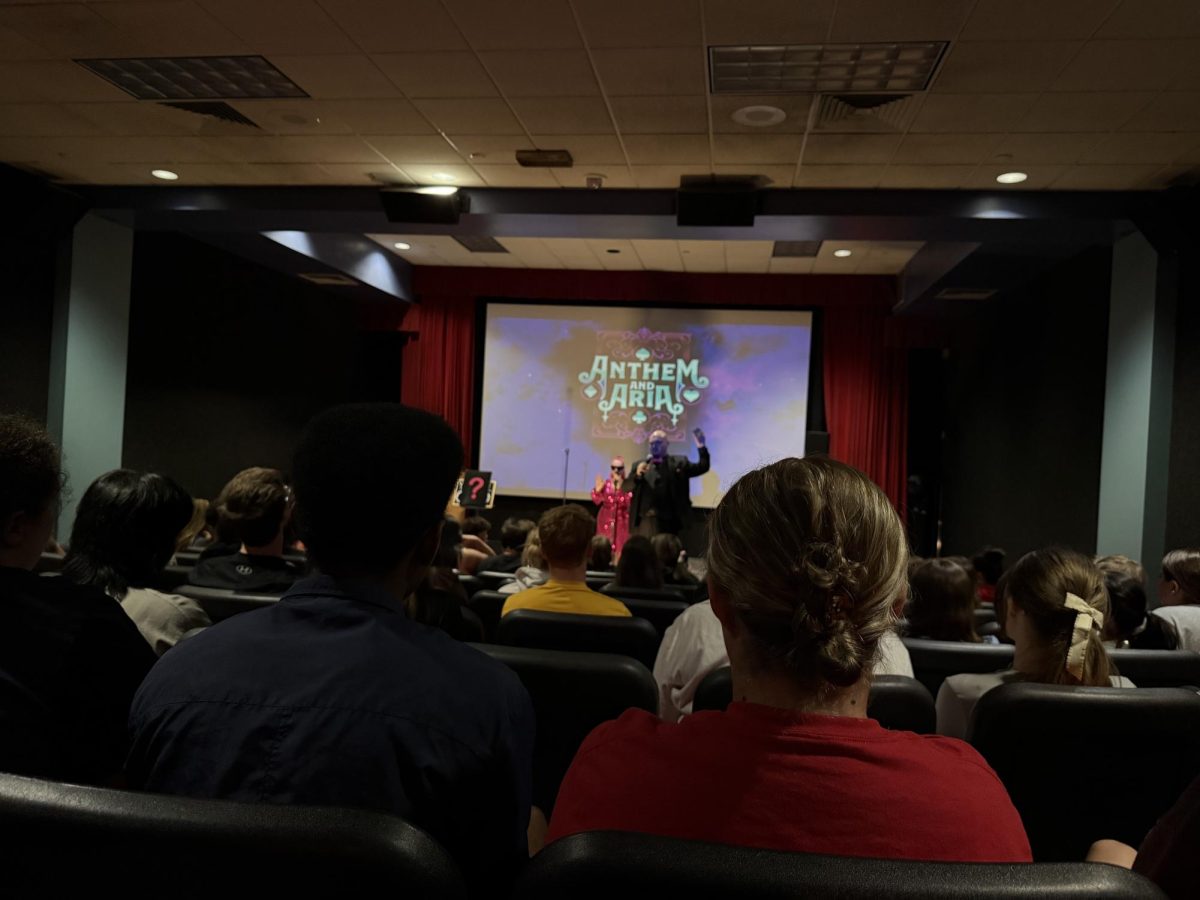For most honors program students, the thesis project is the culmination of their hard work during their four years of school. While most students present in the spring semester, select students were able to present their projects this semester, at the event held in the Smith Hall Honors Library.
Presentations occurred on Monday, Nov. 18, and Tuesday, Nov. 20. Monday had seven presenters, and Tuesday had six. Most of the thesis presentations came from education majors, as these students will be student teachers in the Spring 2025 semester.
Senior Early Childhood and Elementary Education major Nick Gevaudan presented his thesis, titled “A Comprehensive Review of the Effects of Artificial Intelligence in Elementary Education.”
“I looked at the pros and cons of using (AI), and I took the side of using it, so I outlined how and why teachers could use it, as well as how I have used it so far,” he said.
He felt as if the presentations went well for all involved.
“For education majors specifically, I feel like we don’t get many opportunities to show the campus and community the work we do, and the thesis presentations allow our professors, faculty, and friends to see some of the work we are doing. It is also good for other students to attend the event because you can learn a lot about prevalent issues in your field,” Gevaudan said.
Emily Pringle, also a senior Early Childhood and Elementary Education major, presented her work: “Exploring the Significance of Social-Emotional Literature in the Development of Young Children: A Comprehensive Analysis” on the Tuesday portion of the event.
“I practiced my presentation countless times and proofread my slides more times than I would like to admit,” she said. “When creating my thesis project, countless hours went into collecting research and data, even more hours into writing my paper, and finally, several more hours into editing the paper.”
In an email to honors students, Honors Director Dr. Stephen Brooks explained that the presentations were open to the public: “[a]ttending Honors Thesis Presentations is a great way to learn more about what an Honors Thesis entails; what the finished project can look like; and potentially spark your own idea for a research or thesis project.”
Attendees were able to ask questions to the presenters afterward. Both Gevaudan and Pringle thought the feedback they received was helpful.
“People who were there gave me very positive feedback on my presentation,” Gevaudan said. “They found the topic to be very interesting and relevant to today’s world, as AI is only going to get bigger.”
Pringle explained the amount of work that went into her final project, but she is proud of her results.
“As stressful and exhausting as this experience was, I feel it brought faculty and students together to complete this project,” Pringle said. “The most rewarding aspect was simply seeing all my hard work finally come together and be appreciated by my peers and mentors.”
Gevaudan agreed.
“Being able to look back and reflect on the work I had done and see it all come together was very rewarding,” he said.
Both also offered advice to future honors students looking to present a thesis.
“Being able to pick a topic you are passionate about will motivate you to create a high-quality product. Reading a great deal of research will without a doubt help all students further their academic development as will writing a research paper,” Gevaudan said.
Pringle emphasized the support available.
“Seek guidance from a mentor, embrace feedback, and practice your presentation skills to feel confident and prepared. Most importantly, view the process as a learning opportunity to develop research, communication, and time-management skills that will benefit your future career.”

